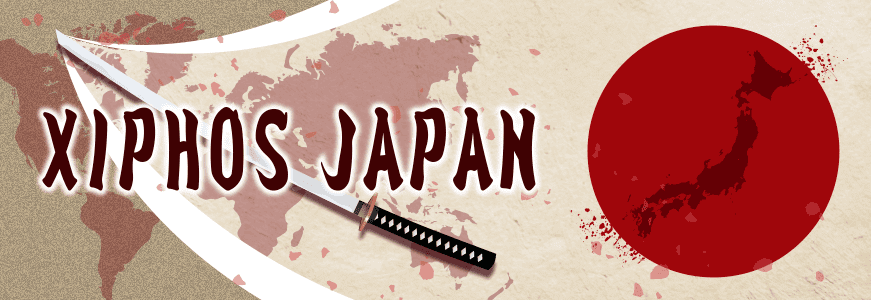 Happy New Year to you all!
Happy New Year to you all!
I would like to say that 2021 has been a year of Corona, but 2022 will be a year when Corona stops. In 2022, the coronas will be gone and we will be able to live more freely.
However, the new Omicron strain is still very prevalent, and although there are only a few severe cases, the coronavirus is not going to stop raging.
The Spanish flu that wreaked havoc around the world about 100 years ago has subsided with time. However, at that time, travel between continents was based on ships that took dozens of days.
At that time, it took tens of days to travel from one continent to another by ship. Today, transportation is so advanced that it is possible to travel to almost anywhere on earth in 24 hours. There is no denying that the development of transportation has played a role in the spread of the coronavirus.
Unless a vaccine that is more effective than the current one is developed, the only way to prevent the spread of the disease may be to restrict people’s activities.
We are currently experiencing the coldest weather in Japan in several years. Especially in Hokkaido, Tohoku and Hokuriku areas, the snowfall was so heavy that even the bullet train, which is said to be resistant to snow, was temporarily stopped.
As the weather gets colder, the cost of utilities naturally increases, and this is taking a toll on the household budget. Not only that, but with the high price of crude oil, the rising cost of gasoline is also a headache.
As if to add to the pressure, the price of food and daily necessities will start to rise due to the soaring prices of raw materials, and although prices will rise, salaries will not keep pace, and more and more people may find their lives increasingly difficult.
The reason behind this is that countries have switched from complete containment of corona to coexistence while considering the economy, and the consumption of crude oil has increased worldwide. There are various reasons for this, including the fact that countries that used to export resources, such as China, have turned to importing them due to economic development.
As you know, Japan is a country that is not blessed with natural resources. Not only oil, but also iron ore, natural gas, bauxite, etc., which are necessary for daily life, are mostly imported from overseas. In addition to resources, our self-sufficiency rate for food, which is essential for survival, is only about 30%, and like resources, we also depend on imports from overseas.
The weaker the yen gets, the more Japanese yen is needed to exchange it for other currencies. Since crude oil transactions are paid for in U.S. dollars, the number one official currency, the weaker the yen’s exchange rate with the U.S. dollar, the more Japanese yen is needed, which leads to higher crude oil prices.
A weaker yen is not always a bad thing. For Japan, a country that mainly engages in processing trade, where resources are purchased and products are made, a weaker yen means more products sold. For Japan, whose main business is processing trade, where resources are purchased and products are made, a weaker yen means better sales.
However, in the lost time after the bubble economy, after a prolonged period of economic stagnation and a strong yen against the dollar, Japanese companies, in order to survive, relocated their various production bases to overseas locations where they could produce at lower costs in order to cut costs.
Until then, resources were imported, processed into products at domestic factories, and exported to countries around the world. In this form, it is Japan’s specialty to produce better products. In addition to that, if the product is cheaper than similar products produced in the home country, overseas consumers will naturally buy it.
In this way, Japan has become a country where the sun never sets and an economic powerhouse, but in view of the strong yen and trade frictions, we have been forced to move our production bases overseas.
Some production bases produce only parts, which are then re-imported to Japan, assembled in domestic factories, and exported, but even so, they cannot win the price competition and are exported directly from the production bases. However, even so, they cannot win the price competition and export directly from their production bases. This means that no money falls into Japan, and the Japanese economy cannot be enriched.
In addition, by setting up production bases overseas, technology has been leaked, and it has become possible for other countries to produce products with the same quality as Japanese products, but at a lower price.
As a result, even though the yen is weak and the environment is perfect for export trade, we are not benefiting from it because we are producing less domestically, and on the contrary, we are falling into a negative spiral where our lives are becoming more difficult because we are importing more expensive resources.
Corona has had a great many negative effects, but in some ways it has prompted us to be alarmed. For example, when we were building houses, the import of materials from overseas was stopped due to Corona, and construction was affected by this. For example, when we were building houses, the import of materials from overseas was stopped due to Corona, and construction was affected.
Japan is a country with no natural resources, and unfortunately there is no way to reflect the country except to import resources and process them. Perhaps it is time to look back at our origins once again.







